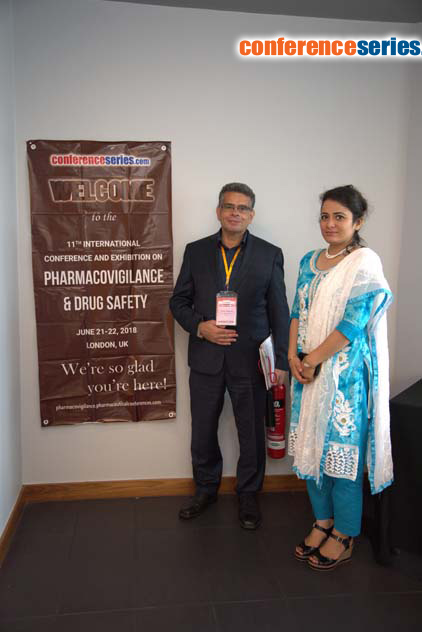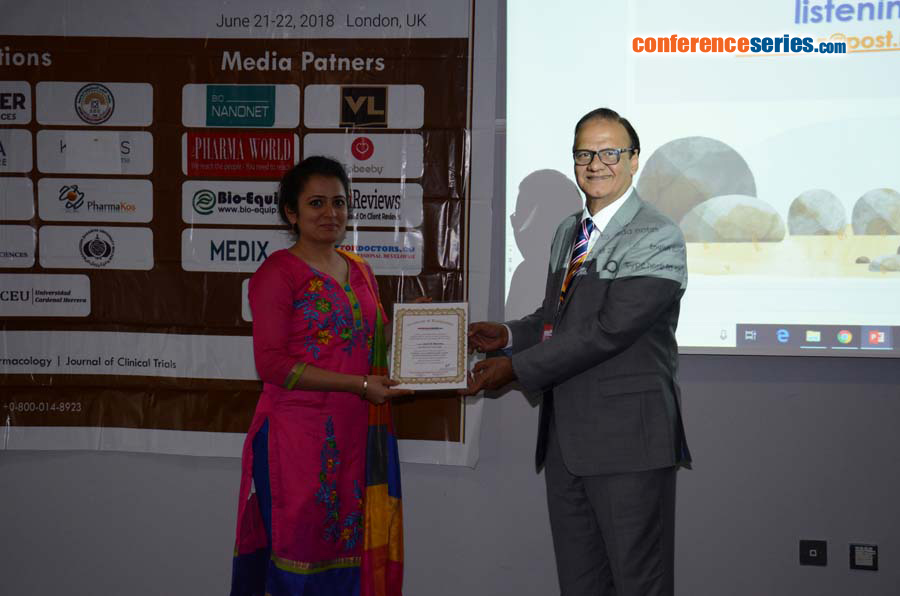
Jyoti B Sharma
Tata Memorial Centre, India
Title: Validation of a modified Naranjo scale for causality assessment of adverse events
Biography
Biography: Jyoti B Sharma
Abstract
Background: Correct causality assessment of adverse events (AE) is extremely important. It assumes even greater significance in drug development because of paucity of information available about a drug’s safety profile. The commonly used Naranjo Scale (NS) for causality assessment has several limitations and tends to rule in favour of a positive causal effect even when adverse events are unrelated to the drug. We have therefore attempted to modify the existing NS for better causality assessment.
Methods: We modified the NS by changing the weightage given to certain responses in the existing scale; providing better resolution to certain responses for delineating related from unrelated events and; modifying the slabs for classification of AEs as definite, probable, possible, doubtful and not related. Categories of possible-definite were considered related, and doubtful not related were considered unrelated. This was piloted in 15 cases with 19 AEs that occurred in patients with solid tumours. Modified NS (mNS) was further validated in a set of 65 cases with 104 AEs. Physician opinion/Micromedex was taken as gold standard for the assessment.
Results: In the 19 AEs, six AEs were described by treating physician as unrelated and 13 as related to the drug in question. mNS algorithm had 100% concordance with physician’s opinion whereas the existing NS had only 73.7% concordance. In the validation set of 104 AEs, mNS was 99% concordant with the physician’s opinion while the existing NS was only 70.20% concordant. It was observed that 37/105 AEs were misclassified by existing NS as related when they were actually unrelated.
Conclusion: The existing NS showed a huge bias towards classifying AEs as related to drugs. The modified algorithm gives better sensitivity and specificity for the causality assessment of AEs.




